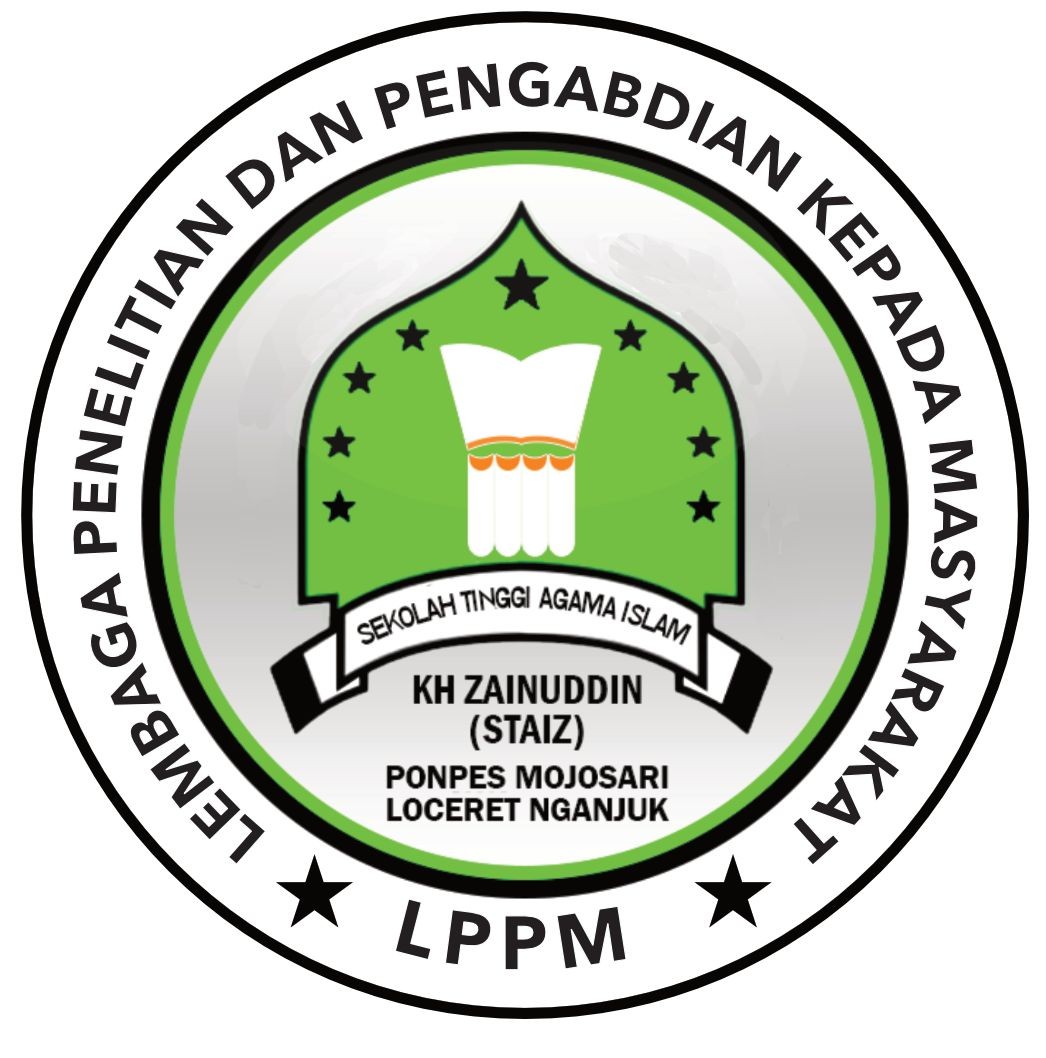Pendampingan Pengelolaan Umkm Berbasis Syariah untuk Meningkatkan Kemandirian Finansial : Studi Kasus Kedai Serly
DOI:
https://doi.org/10.71417/jpc.v1i2.35Keywords:
ment; Sharia-based, Financial Independence, UMKMAbstract
Micro, Small, and Medium Enterprises (MSMEs) play a vital role in Indonesia’s economic growth, yet many business owners still struggle with managing their finances according to Sharia principles. This study aims to implement Sharia-based mentoring for Kedai Serly, a culinary MSME in Bengkulu City, to improve financial independence through halal and sustainable financial management. The method used is Participatory Action Research (PAR), emphasizing active collaboration between researchers and business owners in problem identification, solution planning, training, practical implementation, and evaluation. Results show a significant increase in the business owner's understanding of Sharia financial concepts, rising from 43% to 85% based on questionnaire assessments. The business partner began applying more orderly financial recording, separating personal and business funds, and avoiding transactions involving riba (interest). Additionally, there was increased awareness of running a business in line with Islamic values and interest in accessing Islamic microfinance. In conclusion, participatory Sharia-based mentoring effectively fosters healthy and financially independent business practices, and it is worth replicating in other MSMEs to support a more inclusive Islamic economic ecosystem.
Downloads
References
Abdullah, M. (2014). Manajemen dan Evaluasi Kinerja Karyawan. Aswaja Pressindo.
Asmuni, & Mujiatun, S. (2016). BISNIS SYARIAH Suatu Alternatif Pengembangan Bisnis yang Humanistik dan Berkeadilan. Perdana Publishing.
Fauziah, W. S., Ashari, M. H., Tinggi, S., Ekonomi, I., & Malang, I. (2024). Wanda Sofiatul Fauziah et al| Pendampingan dalam Implementasi Standar Operasional Prosedur Pendampingan dalam Implementasi Standar Operasional Prosedur (SOP) dan Program Accurate dalam Pencatatan Penjualan kepada Karyawan CV. Duta Survey Indonesia. Jurnal Pengabdian Masyarakat, 2(1), 2986–5824. https://jurnalfebi.iainkediri.ac.id/index.php/Welfare
Kemmis, S., & McTaggart, R. (2005). Participatory Action Research: Communicative Action and the Public Sphere.
Mujahidin, M. (2020). The Potential Of Halal Industry In Indonesia To Support Economic Growth. Al-Kharaj: Journal of Islamic Economic and Business, 2(1), 77–90. https://doi.org/10.24256/kharaj.v2i1.1433
Rahmah, A., Hafirman Said, D., & Mandailing Natal, S. (2023). Penerapan Hukum Ekonomi Syariah Pada Bisnis Syariah Di Kabupaten Mandailing Natal. Jurnal Education and Development , 11(1), 582–588.
Sy, S. H. (2022). Urgensi Mutu pada Lembaga Pendidikan. Ideas: Jurnal Pendidikan, Sosial, Dan Budaya, 8(3), 697. https://doi.org/10.32884/ideas.v8i3.841
Ulya, J. (2023). No TitlePenerapan prinsip bisnis syariah pada wirausaha muslim di objek wisata religi makam Syaikh Ahmad Mutamakkin Kajen Margoyoso Pati.
Downloads
Published
Issue
Section
License
Copyright (c) 2025 Dela Puspita Sari, Elia Sulastri, Lika Susanti, Yetti Afrida, Idwal B (Author)

This work is licensed under a Creative Commons Attribution-ShareAlike 4.0 International License.















